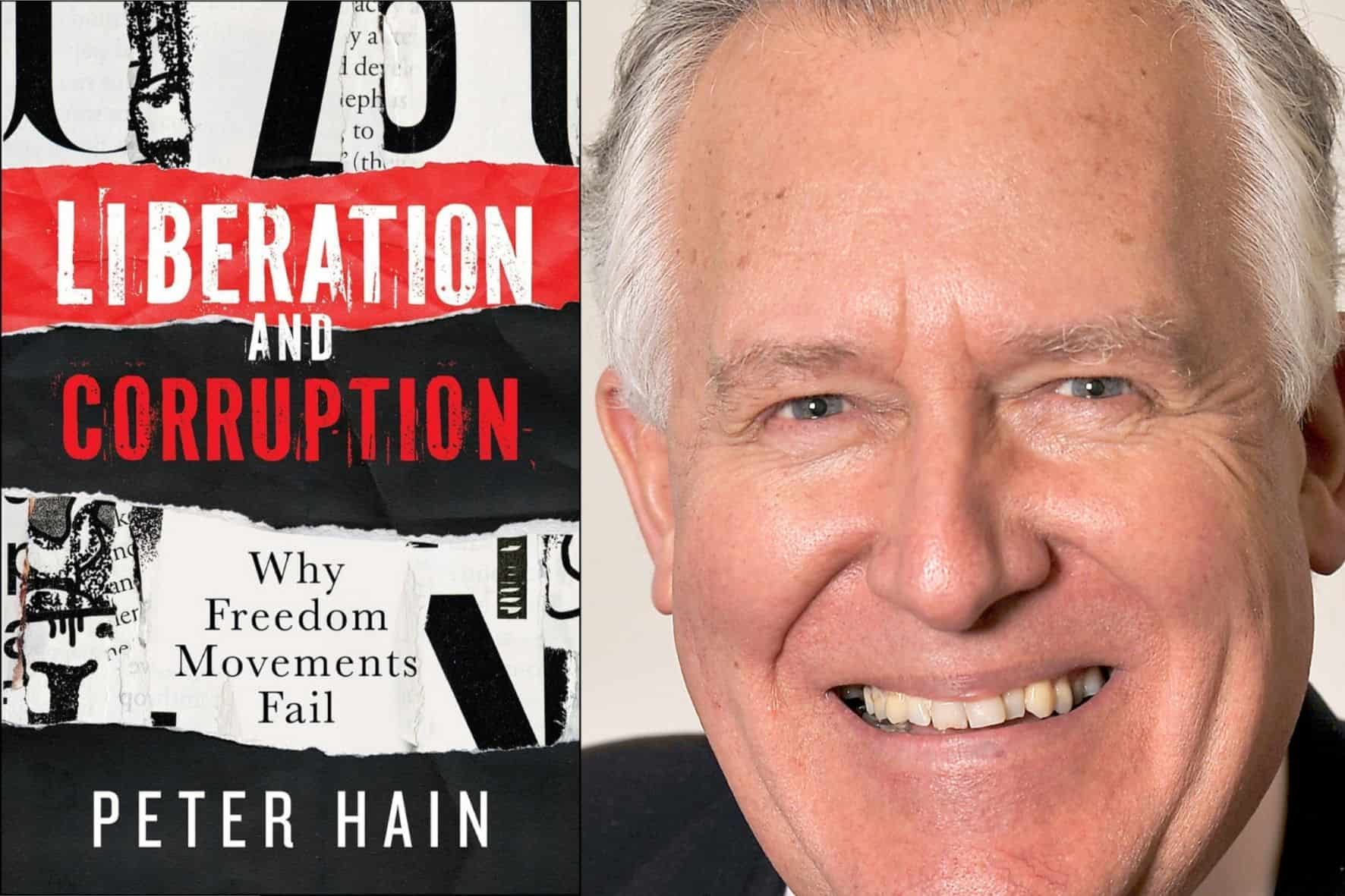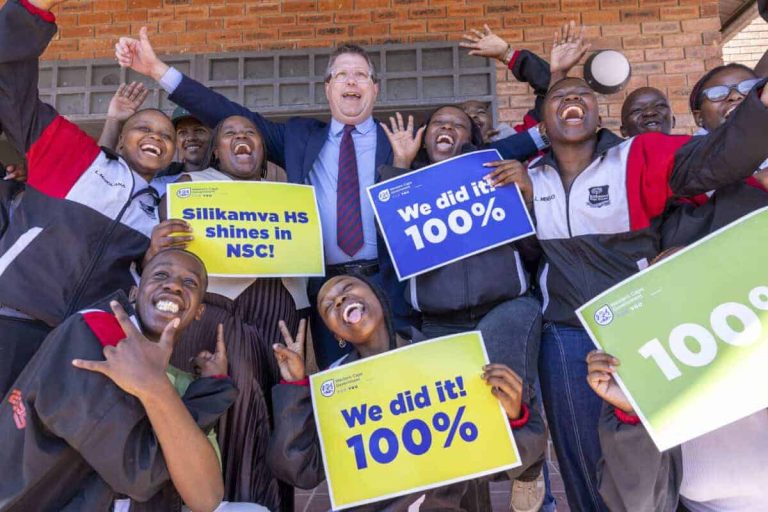
This is probably one of the most important books published this year. We live between its pages, but our country is not alone, either.
Peter Hain’s book, Liberation and Corruption: Why Freedom Movements Fail, looks at how once near-worshipped movements end up betraying their own people, ultimately doomed to the recycle bin.
That is, if collective will is exercised eventually.
It’s not as if South Africans have not entertained the thought. Election results have spoken for themselves over the past few years. But South Africans have seen its reality roll out for three decades.
Hain tells the story beautifully and draws global parallels. Liberation movements are born in struggle.
They thrive on sacrifice, carried by ideals of freedom, justice and dignity. He wrote that once the victory songs fade, the noble cause segues into something entirely different.
Hain, a veteran of the anti-apartheid struggle, put South Africa on the global agenda when many couldn’t care less.
As a senior member in the British government, he has lived the fight for freedom in the corridors of power and seen the temptations of its abuse up close. South Africa has followed the trajectory.
“For instance, the ANC inherited a systemically corrupt system in apartheid and began looting it for their personal gain,” he said.
ANC looting for personal gain
Yet the ANC often claims corruption is a symptom of inequality and poverty. Hain wrote of it as an excuse by those in power to sanctify themselves.
“It is a very thin excuse. Many ANC supporters or former struggle activists,” he said. “For instance, former ANC Cabinet Minister Pravin Gordhan and National Treasury Acting Director General Ismail Momomiat were at the fore of the battle against corruption.”
The rot did not start in 1994 as some claim.
“For Zuma and some others, the rot set in during their guerrilla years when the imperatives of clandestine military operations and infiltration by apartheid security agents created the scope for personal corruption.”
This is why a clean start for Mzansi was perhaps never on the cards.
“It is notable that Mandela repeatedly and publicly warned about enveloping corruption.”
Those warnings went unheeded.
“He would be horrified. He’s turning in his grave about what the ANC has become ANC today, I am sure,” Hain said.
ALSO READ: Forced into hiding: Liquidation process turned deadly
Across fifteen chapters, the book reveals similar cycles in Zimbabwe, Angola, Nicaragua, India and in other countries.
Liberation, the message reads, breeds power, power collapses the distinction between state and party, and leaders once ready to die for justice embrace the lure of privilege. It’s a downward spiral.
“Colonial plundering and its aftermath, also the pressures from global business and finance, as well as inexperience and individual frailties of liberationists suddenly gaining power,” said Hain, contributed to the mess.
Colonial plundering and its aftermath
Hain said that the West just looked on, seeing things unfurl, and countries like the United Kingdom were not simply innocent bystanders.
“The UK has stringent legislation holding UK-based directors legally accountable for corruption by even the lowliest of their staffers abroad. But in the Zuma and Gupta decade, UK-based global corporates who were complicit in the looting were not touched, and indeed continued to win UK government contracts.”
The pandemic also showed that corruption in developed nations is as prevalent as it is in the developing world’s fragile democracies.
“Even long-established democracies like the UK’s easily became corrupted as I document in the book,” he said.
No regime is safe in this book. Hain accuses BRICS partner China of a different kind of colonialism.
“China has not occupied and suppressed countries like European colonial powers did in Africa, but it practices economic colonialism.”
Billions continue to flow out of the Global South, ending up in London property or laundered through tax havens in the UK’s overseas territories.
In Nicaragua, Daniel Ortega’s revolution festered into a dictatorship.
“Succumbing to the temptation of enrichment opportunities opened up in power and becoming determined to sustain that,” Hain said. “Also finding themselves embedded in the fundamentally corrupt systems of government they inherited.”
The fix starts in the ground
Hain said that to change the prognosis of South Africa and other emerging markets bathed in corruption and looting, it must start at ground level.
“The individual citizen has to begin by fighting back. By saying no to the bribe demanded by a police officer who stops your car on a spurious basis. Or no to a Home Affairs official to obtain a visa. Hard to do. But you have to start with everyday life, or you cannot complain. Change is always hard. But it starts with you.”
Hain added that he did not believe that liberation is always doomed to end in betrayal.
“Yes, liberation can be successful, and I do not resile in any way for my anti-apartheid activism. Apartheid was the epitome of evil. But the abiding lesson is that the values of social justice, equal opportunities, human rights and integrity have to be continuously fought for. The battles to secure those values are never permanently won. Every new generation has to keep fighting to win them.”
He also called for an International Anti-Corruption Court as part of global reform. This court’s intent would be to take on offenders beyond the usual reach of national justice.
“The remit of the existing international courts does not extend to targeting corruption. We need a new one to do so. The IACC would not be a silver bullet, but it is essential.”
NOW READ: Justice at gunpoint: the growing hit list of whistle-blowers in SA



